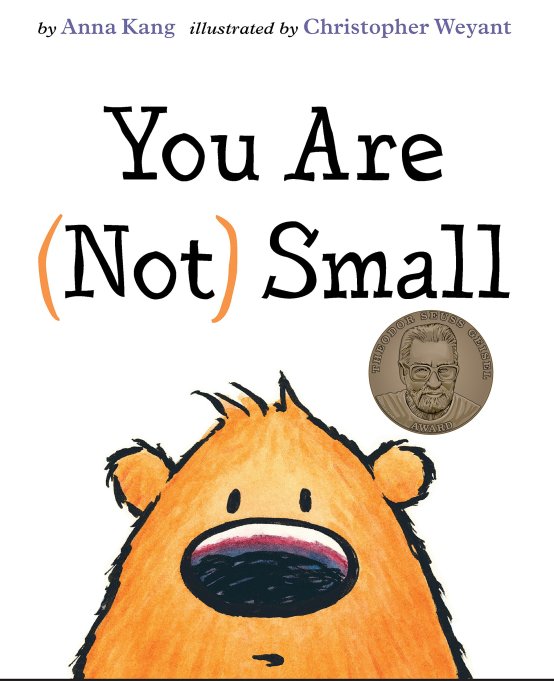“Read.”
It’s the second most important endeavor that writers are instructed to do (after the command to “Write!”).
Because by reading and reading and reading and reading and READING and reading (and reading) and reading some more, the words, the styles, the structures, the conventions soak into our souls and become our words, styles, structures and conventions.
Therefore reading has the second biggest impact on your writing. Something so powerful should be managed well.

Courtesy of Lord of the Rings Wiki- One ring to rule them all!
So, how can you manage it?
Choose good mentor texts. Choose books and stories and articles that exemplify the words, styles, structures and conventions that you want to be able to create. Books that you wish you had written.
-
Start in your genre.
If you want to write mysteries, choose the best selling, highest honored, best awarded mysteries to read and read and read and…
If you want to write science fiction, choose authors and works that have been highly regarded and critically acclaimed to read and read and read and…
If you want to write children’s books, check out 100 Greatest Children’s Books of all Time lists. Like, Time Magazine’s 100 Best, or New York Public Library’s 100 Best, or Amazon’s 100 to Read in a Lifetime, and read as many of the titles listed as you can possibly get your hands on.
Visit the American Library Association to see the award winners and honorees for best children’s titles and read and read and read… -
Tailor your mentor texts to fit one of your writing projects.
- Pick a book on your topic.
I am currently working on a NF text about Nikola Tesla. So I’ve found books to help me absorb all the ways his life has been presented in texts already.
Some mentor texts tailored to my current topic.
- Pick books that are written in a similar structure to your project.
Many times a certain genre will automatically give you a structure: mysteries follow a predictable pattern from crime scene to final revelation; many YA dystopian novels and high fantasy novels follow the Hero’s Journey structure; biographies often follow a chronological birth to death structure.
Other times you can look across genres to find books written with a particular structure that appeals to you– like finding books written in verse, or following a circular narrative, or based on an ABC or 123 structure.
Find the best examples of these books and read and read and read and…
- Pick books that are written with a similar voice and tone.
By choosing books that have a similar voice and/or tone to yours (or that exemplify the voice you wish to create), you can analyze the individual words that evoke that voice, the sentence structure that creates the tone, the point of view, the use of figurative language, the pacing, every little choice that your favorite writers use to make the story sing, laugh, cry, fly, crawl or stomp.
I’ve read these books in the past to absorb and analyze their playful, humorous voice.
Don’t forget to read and read and read and…
- Pick books that exemplify the use of specific writing trait.
If you are bound and determined to write a rhyming bedtime story, find rhyming picture books and read and read and read (you’ve got to get rhyme perfect… or so I’m told).
*For non-fiction authors, I recommend hunting for books that incorporate primary sources and research well.*
If you want to play with perspective or point of view, check out stories featuring multiple protagonists, stories told from a surprising narrator, or stories that include episodes of meta-reference.
I may or may not have or had an unhealthy obsession with meta-fiction titles
- Pick a book on your topic.
-
Read for pleasure.
Toni Morrison said,
“If there is a book that you want to read, but it hasn’t been written yet, you must be the one to write it.”
So, what do you like to read?
What books speak so deeply to your soul that they become a part of you?










Your post is an example in itself of good writing. This is one to use as a mentor blog post. Thanks for the great suggestions. Glad my library is so close!
Thank you, Pat! That is a magnificent compliment. I’m glad to share something of value, as I learn so much from you so often.
Love this!!! …also very into the meta-books.
Writing and reading are reciprocal. A writer must read nentor texts to become a better writer. Excellent post, Erin.